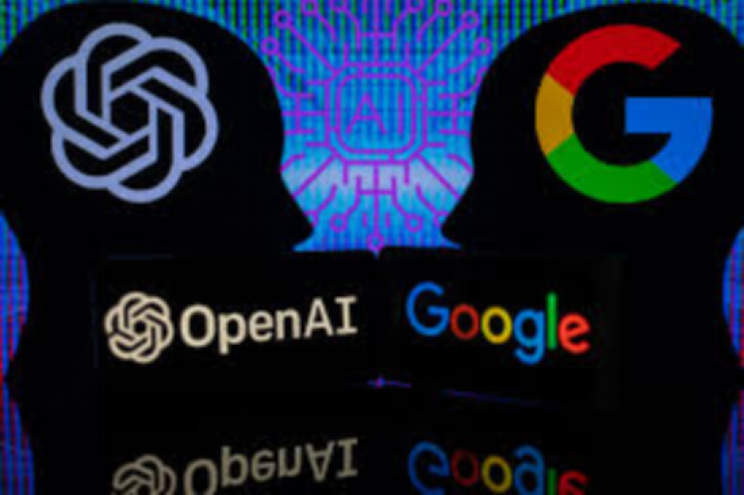
In the early morning of May 14, Beijing time, the GPT-4o large model released by OpenAI swept through the technology circle like a strong wind, and its AI voice dialogue technology quickly became the focus of public opinion. Just 24 hours later, at the I/O 2024 conference held at 1 am on May 15, Beijing time, Google returned with products such as the new Gemini AI large model, trying to regain the initiative on the AI track.
However, in this nearly two-hour press conference, Google seems to be too "excited", even mentioning "AI" as high as 121 times, which makes people wonder whether it is deliberately "brushing the sense of existence." Google CEO Sandra Pichai quipped on stage: "I'm sure someone in the room wanted to count how many times AI was mentioned at today's event." As a result, the results of Google AI field statistics were surprising - an astonishing 121 times!
At this press conference, Google can be described as a show of strength, not only introduced the AI layout in software, hardware and other aspects, but also showed its comprehensive dabble in the direction of AI application. However, these cool displays and frequent mentions of the word "AI" can hardly hide the fact that Google is desperately trying to catch up with the pace of Open AI, trying to make up for the backward situation in the field of AI.
In fact, since ChatGPT set off a new wave of artificial intelligence, Google has been in fierce competition with Open AI. However, in this competition, Google has suffered many times. In February of last year, when Google released the Gemini 1.5 Pro, Open AI released the impressive Sora grand model, leaving Google's update almost unloved. And this time, Open AI moved the conference time to the day before the Google I/O conference, which was obviously a prepared ambush.
At the launch event, Open AI spent just half an hour to bet on two of Google's priorities - lightweight models and AI assistants. GPT-4o implements similar capabilities to Gemini in a low-cost, quick-response manner, while Open AI's AI assistant demonstrates the amazing ability to have real-time conversations with humans. By contrast, Google's presentation, while comprehensive, lacked enough sparkle and innovation.
In order to defend against rivals, Google once released five large models a month, but this frequent update did not bring substantial progress. On the contrary, these updates triggered negative feedback, and one person even joked that "even internal employees can't remember the names of these large models." This frequent "skin change" behavior not only fails to improve Google's competitiveness in the field of AI, but makes people question its technical strength.
Looking back, Google was once an absolute pioneer in the field of artificial intelligence. However, with the rise of upstarts such as Open AI, Google's thunder has gradually been overshadowed. The core technologies used by Open AI were invented by Google, but Google failed to take full advantage of these technical advantages, and instead was defeated by Open AI's crazy innovation.
Google's attitude toward AI is more conservative, preferring to let AI play a supporting role. However, in the rapid development of AI technology today, this conservative attitude has caused Google to lose its leading position. In contrast, Open AI is adventurous and innovative, constantly introducing disruptive AI products.
At this press conference, although Google tried to save face by showing its comprehensive AI layout, the frequent mention of the word "AI" and the lack of bright spots on the display made it difficult to trust its technical strength. Google is doing its best to catch up and make amends, but it will take a lot more effort and innovation to regain its lead in AI.
In this AI war, the battle between Google and Open AI continues. But regardless of the outcome, this competition will drive the continued development and advancement of AI technology. For the general public, we are more looking forward to seeing the breakthroughs and contributions of both sides in technological innovation and application landing, rather than just staying at the level of war of words and mutual attacks.

According to Bloomberg, a recent in-depth interview with Michael Dehal, senior portfolio manager at Raymond James' Dehal Investment Partnership, was released, focusing on the economic development prospects and potential risks of Canada and the United States in 2026.
According to Bloomberg, a recent in-depth interview with Mi…
TikTok Shop, the global e-commerce platform under ByteDance…
As a severe flu outbreak sweeps across the United States, w…
Recently, US Treasury Secretary Mnuchin publicly stated tha…
At the dawn of 2026, the United States launched a military …
From the stiff step when it first debuted in 2022 to demons…